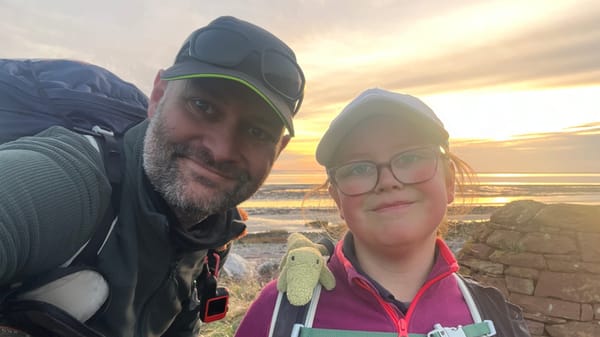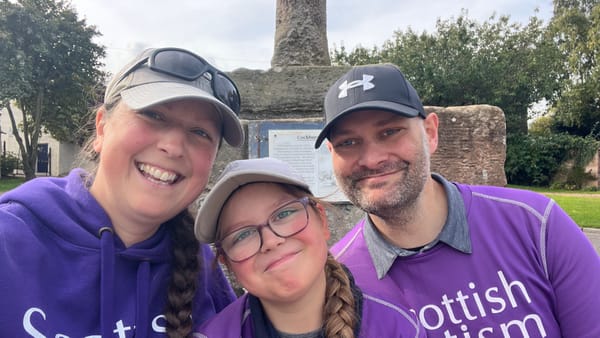Inside our Autistic Minds
This documentary on BBC2 with Chris Packham is a must-watch! it gives an emotional and heartfelt look at people living with autism and the struggles that they face everyday
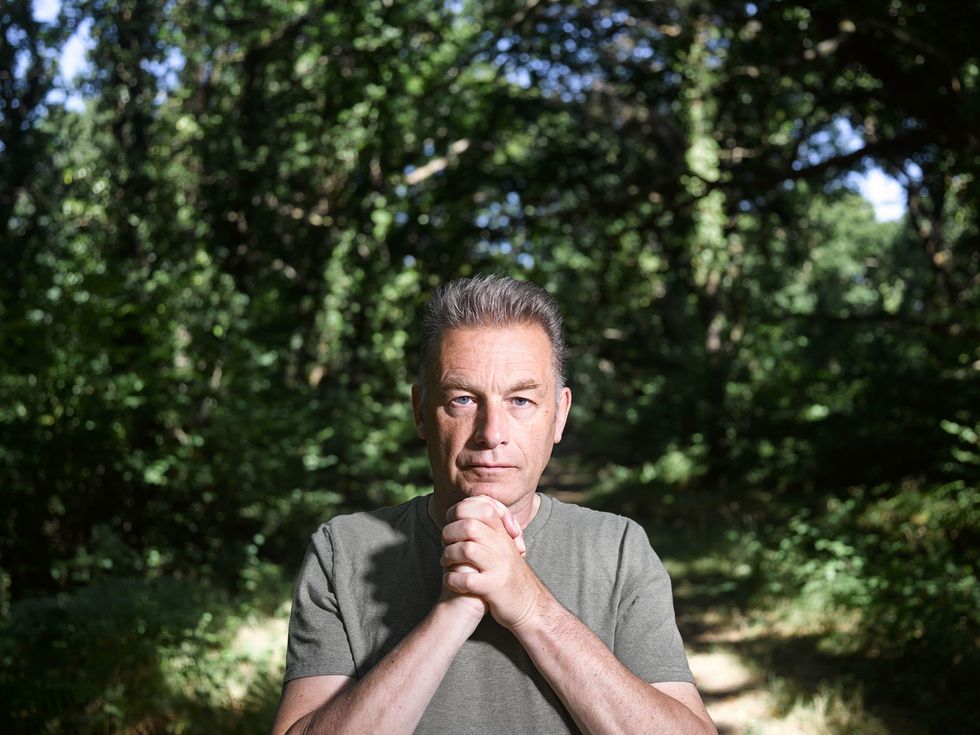
In this two-part documentary, Chris Packham gives autistic people the chance to make their own film to illustrate how their minds work and help them connect with family and friends. The results are deeply moving and will draw light on what it’s like inside the mind of an autistic person.
We are first introduced to Flo, a 28 year old improvisational comedian, taking centre stage in a noisy pub. This initial scene is very surprising as autistic people typically shy away from loud, busy places that involve a great deal of social interaction. Flo goes on to explain that she is able to do this due to ‘masking’ or camouflaging her true behaviours in an effort to ‘fit in’ with society.
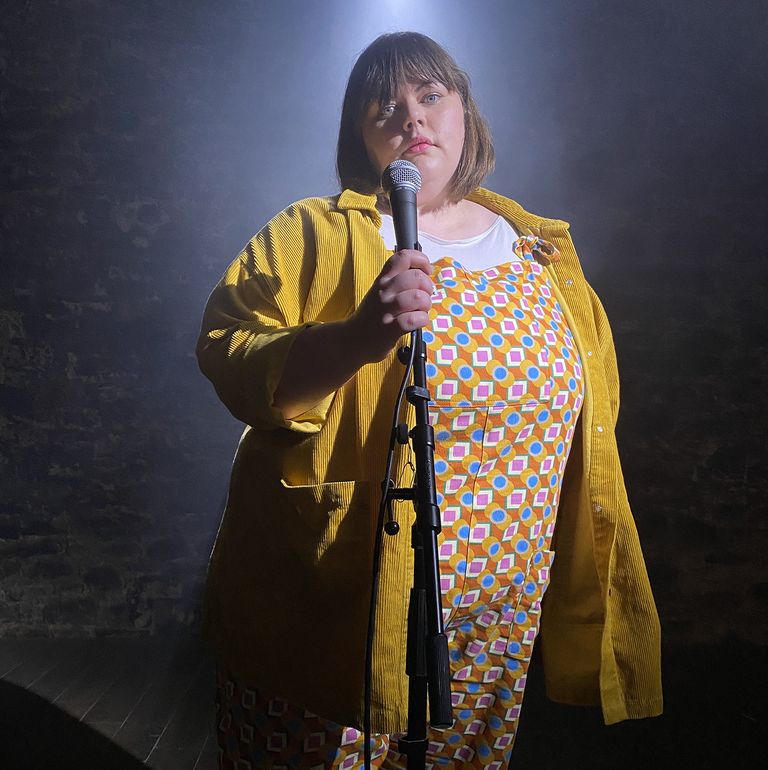
Masking is an unconscious strategy all humans develop whilst growing up in order to connect with those around us. However, for autistic people masking is often more harmful as their social norms are different from others and therefore they feel greater pressure to hide their true behaviours. Growing up, masking will usually involve mimicking the behaviour of other people, such as copying behaviours and developing complex social scripts to get by in stressful social situations. Autistic people want to avoid prejudice and judgement from others because they are different.
Masking is associated more with girls as they feel a greater need to be like others and have friends. Historically autism has long been thought to affect girls and boys disproportionately with boys 8 times more likely to be diagnosed than girls. However, this is not the case. Too often girls are misdiagnosed due to their ability to mask to everyone around them, only getting their diagnosis later on in their adult life.
You may be wondering what the issue is with masking. Well, autistic people who mask show more signs of anxiety and depression and even suicidal behaviours. Masking is exhausting and often results in the person getting ‘burnt out’. It also leaves people confused about who they really are.
Flo’s film helped to shine a light on masking and her heartbreaking declaration to her mum about her childhood and the extent she went to mimic her peers just to ‘fit in’.
Chris Packham also introduced us to Murray, the 20 year old son of Radio 2 DJ Ken Bruce. It’s ironic that his father talks for a living but Murray is non-speaking. Murray communicates through the aid of a computer where he can spell out what is in his head and what he wants to say. However, this is a very slow process for him as he also has apraxia; difficulty carrying out planned movements.
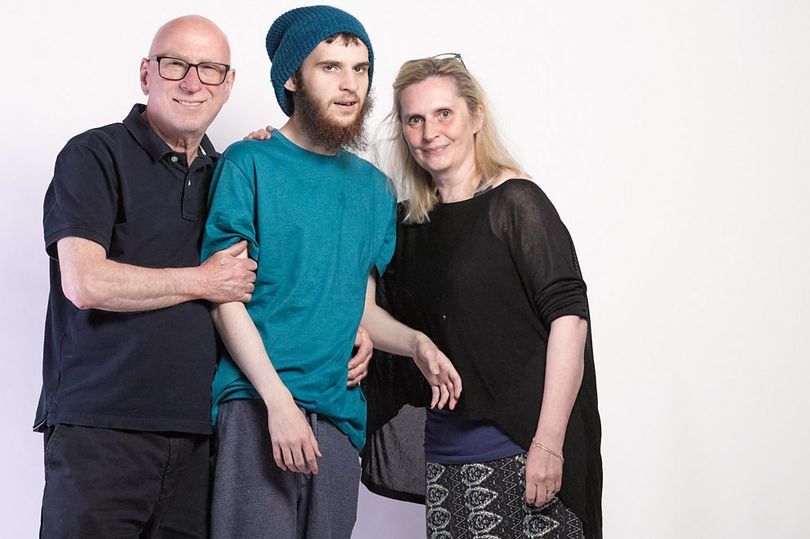
Murray had no real form of communication until he was 9 years old. Whilst devising a script for Murray’s film he told Chris “I was alone in my world of deep and troubled pining for a person to hear me. I would wonder if that day would ever come,”. It was heartbreaking to watch!
Murray is a strong and active campaigner for changing the minds of those who associate non-verbal with non-intelligent. This is an often associated stereotype and Murray has totally blown this out of the water with his amazing video. “Non-verbal people sense the world in a deeper way than those who talk … we become deep thinkers, people watchers. We have the same dreams as everyone else … each of us is a star, waiting to be discovered and named in the atmosphere.”
Murray is seeking more tolerance and better awareness for non-verbal autistic people. His passion is pure and undeniable. If we could all learn to be more understanding and tolerant of people around us, it would make the world a far happier, healthier and more supportive place to live.
Tune in for the next instalment of ‘Inside our Autistic Minds’ on Tuesday 21st at 9pm on BBC2



